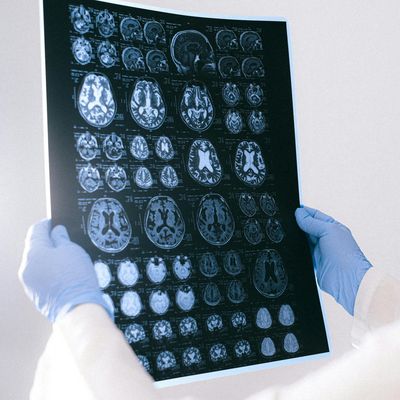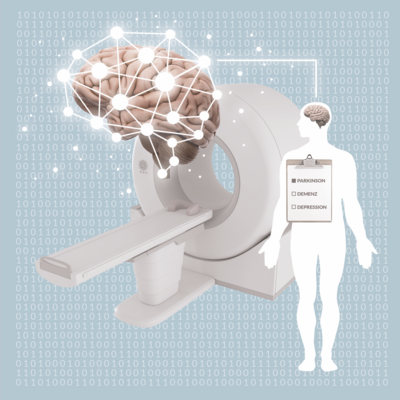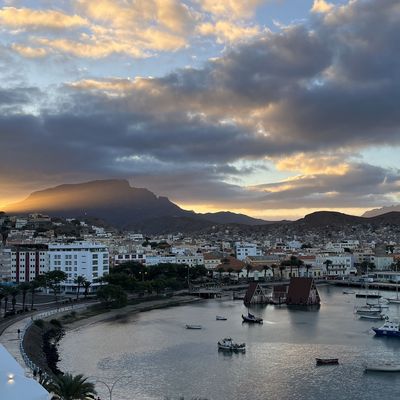An ocean of data

In marine research, ever larger amounts of data have to be analysed. The Helmholtz School for Marine Data Science is training a new type of marine data scientist for this purpose.
Kick-Off for Mardata
In marine research, ever-larger amounts of data have to be analyzed. The Helmholtz School for Marine Data Science (MarDATA), which was recently launched in Kiel, will train a new type of marine data scientist for this purpose. The two leading marine research institutions in Germany, the Alfred Wegener Institute, the Helmholtz Centre for Polar and Marine Research (AWI) and the GEOMAR Helmholtz Centre for Ocean Research Kiel will train scientists in this field together with their partner universities in Bremen and Kiel.
The days of punched cards and handwritten data tables are long gone in science. Data sets, whether from flow measurements from the research vessel, from climate simulations on supercomputers or from bioinformatics and robotics, are constantly becoming larger and more complex. In order to find one's way in this world of data and to tap its full potential, specialists are required who, in addition to basic qualifications in data sciences, also have additional scientific training. The two leading marine research institutions in Germany, the Alfred Wegener Institute, the Helmholtz Centre for Polar and Marine Research (AWI) and the GEOMAR Helmholtz Centre for Ocean Research Kiel, are therefore now offering doctoral training at the Helmholtz School for Marine Data Science together with their partner universities. The aim is to expand the existing expertise in computer and data sciences among the doctoral researchers with basic marine approaches, so that "big data" methods can be used to obtain new information from the comprehensive treasure trove of marine data.

"The projects of the first MarDATA cohort cover almost the entire portfolio of marine science topics at GEOMAR and AWI and offer the research environment as well as the exciting and urgent questions in the field of ocean and climate. The cooperation with the universities provides the necessary methodological know-how", explains the MarDATA spokesman, Professor Arne Biastoch from GEOMAR. "The concept is advantageous for both sides. We get solutions and the colleagues at the universities get concrete applications for the current research in the field of Big Data", Biastoch continues.
Within the framework of the doctoral school funded by the Helmholtz Association and coordinated at GEOMAR, up to 40 doctoral researchers can be trained at GEOMAR and AWI over the next six years. "In the first application round, we were able to fill a total of 15 positions, nine at GEOMAR and six at AWI," explains Dr. Enno Prigge, the scientific project coordinator who organises the doctoral school from GEOMAR. "A further round of recruitment is planned for the coming years, in which case 25 candidates could be recruited," continued Dr. Prigge.
The scientific program of the graduate school was developed in parallel with the selection of doctoral researchers from the first cohort. The broad education in block courses, summer schools and colloquia will be carried out across disciplines and should lead to scientific results and an innovative treatment of oceanographic data, explains project coordinator Prigge. Furthermore, a link with the Helmholtz Information & Data Science Academy (HIDA) and the five other Helmholtz Information & Data Science Schools (HIDSS) throughout Germany is to be expanded.









